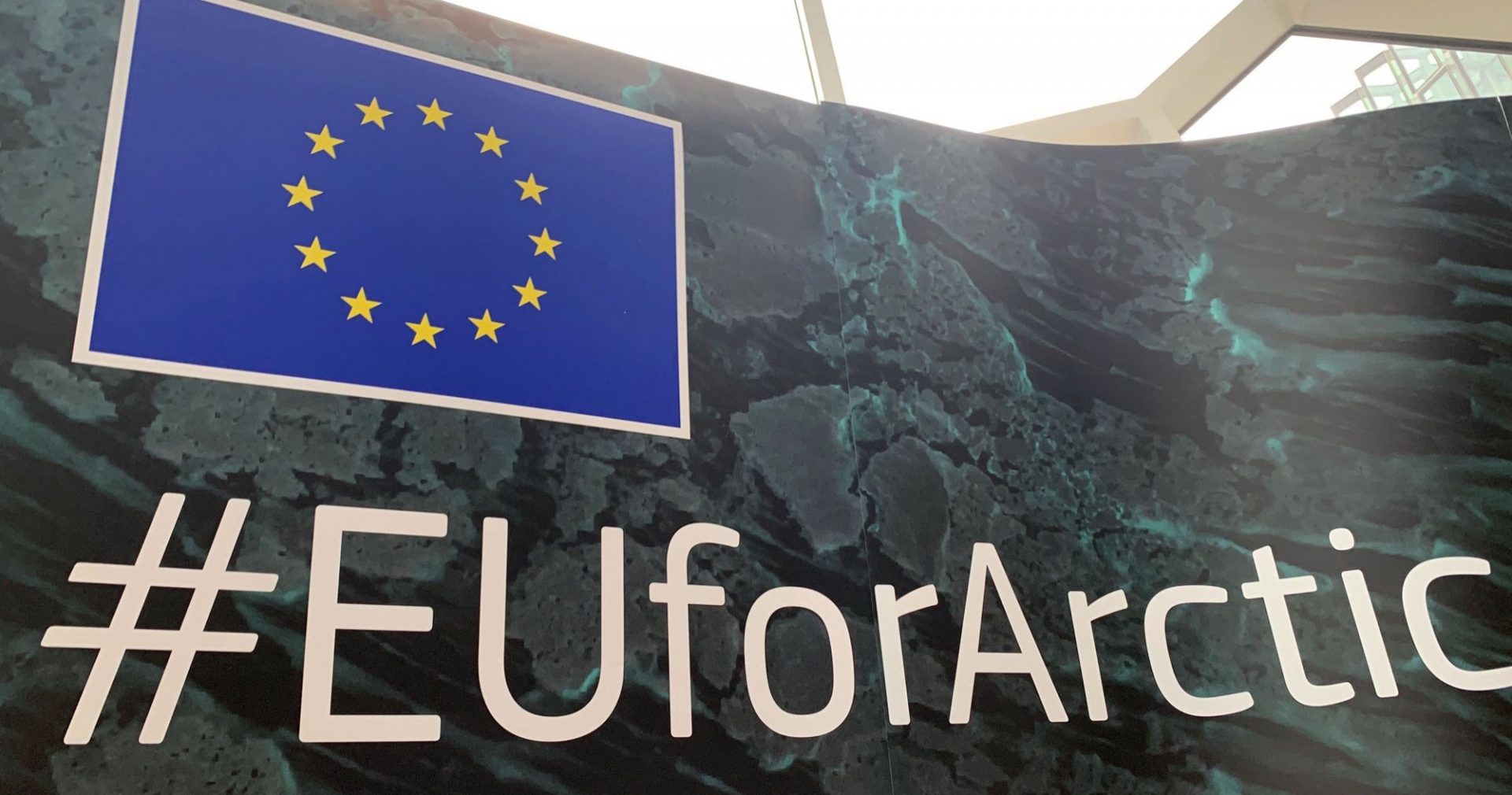
Over the past decades, the Arctic has been a region of peace, stability and cooperation – an area of “high north, low tension”. Cross-border cooperation on non-military issues takes place in numerous frameworks[1] [2] and is further supported by non-state actors, such as indigenous peoples[3], NGOs and sub-national governments.[4] Indeed, the 25th anniversary of the Arctic Council[5] this year, reminds us of its successful mission in promoting “good neighbourliness”. This intergovernmental forum with legal status is concerned with sustainable development and environmental protection in the Arctic, while explicitly leaving security affairs off its agenda (Ottawa declaration), and has remained the main international forum within the Arctic governance system.[6]
Yet, environmental, economic and security concerns are closely intertwined which turns the circumpolar region into a multidimensional foreign policy challenge- not only for the EU. The consequences of global climate change are particularly visible in the Arctic, which is warming twice as fast as the rest of the world. According to scientific prediction, the Arctic will thus be ice-free by 2040 which will open up new trade ways- the Northern Sea Route (NSR) and the North-west passage- connecting Asia to Europe.[7] An ice-free NSR is less expensive and shortens the transport time by 35-40% compared to the Suez Canal route.[8]
POLICY BRIEF | How Can the EU Engage in the High Politics of the High North? — @JuliaTittelbach
For the entire paper ⬇️ https://t.co/SkRM6PFbcq pic.twitter.com/BSczLwSTMR
— Vocal Europe (@thevocaleurope) March 25, 2021
Click Here to Read the Entire Policy Brief
____________________________________________
[1] Nordic Council, Barents Euro-Arctic Council, Barents Regional Council or the Arctic Economic Council
[2] Zandee (2020) The Future of Arctic Governance. Annex 4 Schematic Overview of Arctic Bodies. Clingendael Institute. Accessed 01 Mar 2021.
[3] There are roughly 4 million people who live there, but there are also over forty different ethnic groups with their own languages, traditions, and values.
[4] Käpylä, J., Mikkola, H. (2015) On Arctic Exceptionalism: Critical reflections in the light of the Arctic Sunrise case and the crisis in Ukraine. FIIA. Accessed 02 Mar 2021.
[5] Canada, Denmark, Finland, Iceland, Norway, Russia, Sweden, the U.S.
[6] The Arctic Council. About the Arctic Council. Accessed 23 Feb 2021.
[7] Deutsche Welle. Why is the Arctic melting faster than the Antarctic?. Accessed 01 Mar 2021.
[8] Hosa, J (26 Oct 2018) Strategy on ice: Has Russia Already Won the Scramble for the Arctic?. Ecfr.eu. Accessed 23 Feb 2021.



